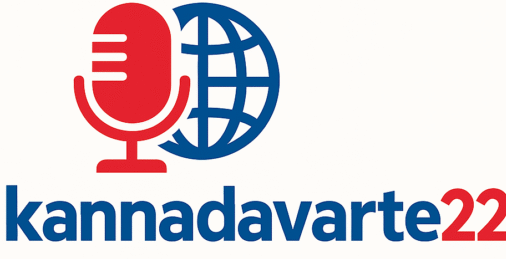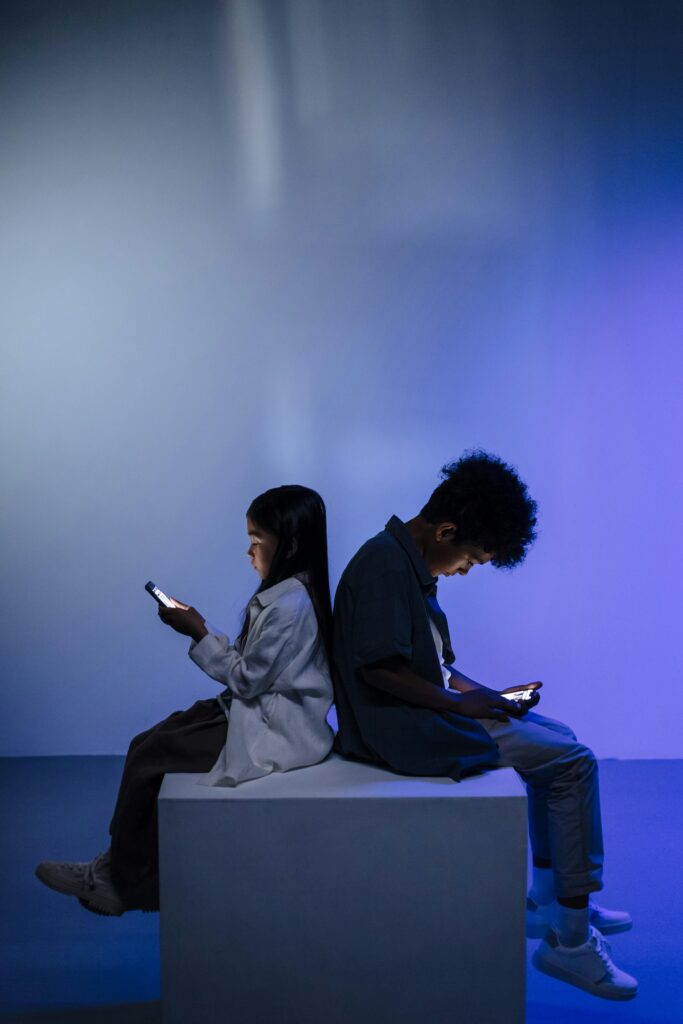In today’s fast-paced digital age, smartphones and apps are always within arm’s reach. While technology brings convenience, it also brings a hidden enemy—digital distractions. From endless notifications to reels and binge-watching, these distractions quietly eat into our time, focus, and mental clarity.
Let’s explore how these distractions affect productivity and how to overcome them effectively.
The Nature of Digital Distractions
Digital distractions are interruptions caused by digital devices or online content. They usually include:
- Smartphone notifications
- Social media scrolling (Instagram, Facebook, X)
- Watching reels, shorts, YouTube
- Group chats and messages
- Push alerts from apps
While these may seem harmless, they gradually reduce our ability to concentrate and complete meaningful tasks.
Impact on Productivity
Here’s how digital distractions silently kill productivity:
- Reduces deep work time: You can’t enter “flow state” when you’re constantly checking your phone.
- Increases stress: Multitasking between apps leads to mental fatigue.
- Leads to procrastination: It’s easier to scroll than to start real work.
- Delays task completion: You end up working longer hours with less output.
Fact: According to a study, it takes an average of 23 minutes to refocus after a single interruption.

Why Are We Addicted to Digital Distractions?
Apps are designed using psychological triggers like:
- Dopamine hits: Likes, comments, and reels give instant gratification.
- Endless scroll: No “end” means we keep going.
- Notifications: They create a fear of missing out (FOMO).
These keep us hooked, even when we know it’s harming our productivity.
How to Fight Digital Distractions (Actionable Tips)
Here are practical solutions to take back control of your time:
Turn Off Non-Essential Notifications
Go to your phone settings and disable notifications from apps like Instagram, YouTube, and shopping apps.
Use Focus/Do Not Disturb Mode
Most phones have “Focus Mode” or “Do Not Disturb” features. Use them during study or work hours.
Try Pomodoro Technique
Work for 25 minutes, then take a 5-minute break. Use tools like Forest App or Tomato Timer.
Set App Time Limits
Use Digital Wellbeing or Screen Time to limit usage of distracting apps.
Keep Phone Away During Work
Physically place your phone in another room or drawer to reduce temptation.
Replace with Good Habits
Instead of scrolling, try journaling, walking, or listening to calm music.

Also Read : How to Get Good Marks in Kannada – Complete Guide for Students
Why Are Digital Distractions So Dangerous?
We often underestimate how deeply digital distractions affect our mental health and daily output. What feels like “just 5 minutes” of scrolling often turns into 30–60 minutes of wasted time. This repeated loss of time leads to:
- Missed deadlines
- Poor academic or job performance
- Constant stress and anxiety
- A feeling of being “busy but not productive”
Over time, people start to feel unmotivated and burnt out, even though they’re using the latest apps and tools.
to read detailed study on it you can check out the link psychologytoday
More Effective Solutions to Regain Focus
1. Digital Detox Hours
- Set fixed hours each day (e.g., 7 PM to 9 PM) as “no-phone time.”
- Use this time for reading, journaling, or having offline conversations.
2. Create a Daily To-Do List
- Prioritize 3–5 important tasks per day.
- Stick to completing tasks before checking social media.
3. Use Tools Like “Freedom” or “Stay Focused”
- These apps block distracting websites and apps temporarily.
- Schedule focus sessions using these blockers.
4. Practice Digital Mindfulness
- Be aware of how often you’re reaching for your phone.
- Ask yourself: Is this helping my goal, or distracting me?
Digital distractions won’t disappear on their own. You must create systems to control your environment. Productivity is not about doing more — it’s about doing what matters without letting distractions control you.
Start with 1 small change today — silence notifications or keep your phone out of reach during work.
These small steps will compound into big gains over time.
Conclusion
Technology is a double-edged sword. While it empowers us to learn and connect, it also steals our attention without us realizing it. The good news? You can train your mind to stay focused and intentional. All it takes is small digital boundaries and consistent habits.
“Your attention is your most valuable currency. Spend it wisely.”


